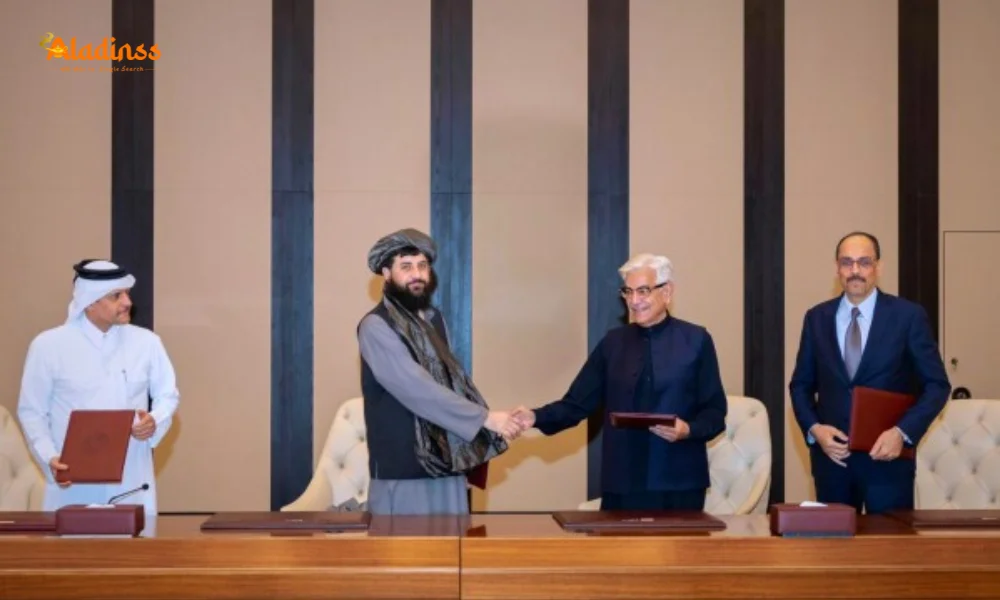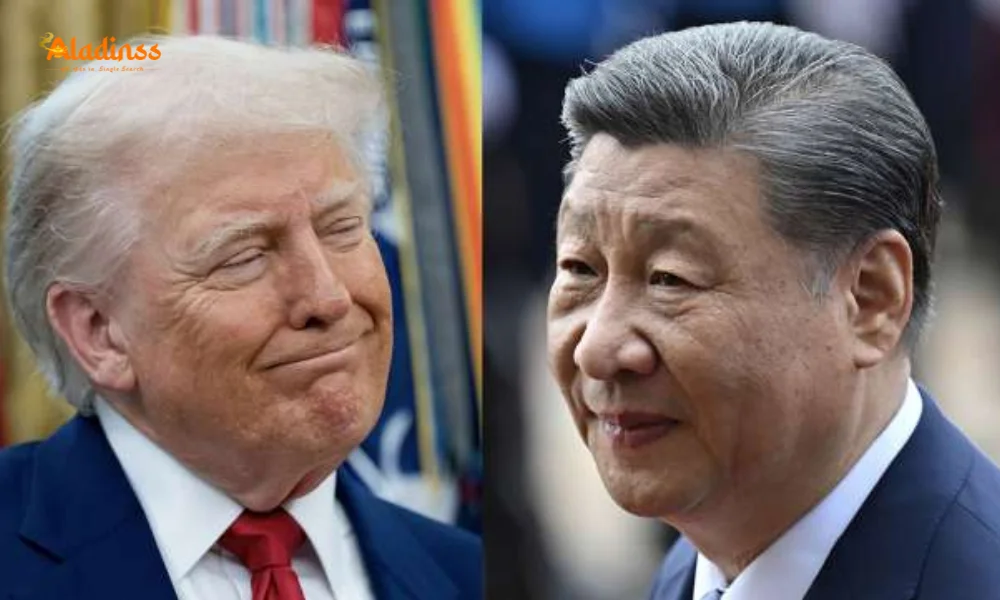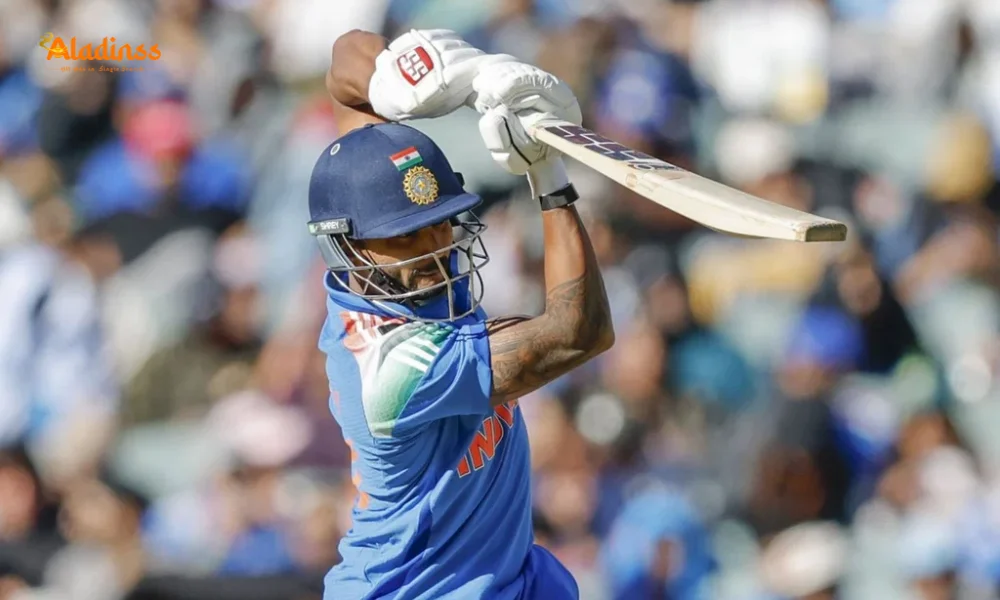Musk Defends X as Navarro’s India Oil Claims Fact-Checked
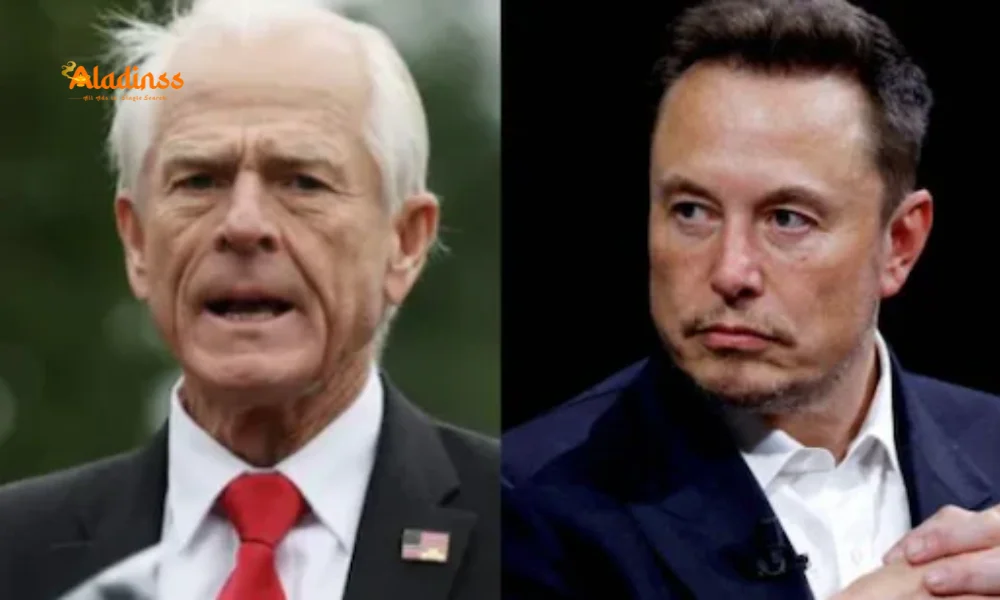
Elon Musk Defends X as Navarro’s India-Russia Oil Claims Face Fact-Check
On September 7, 2025, Elon Musk, the billionaire owner of X, defended the platform’s community-driven fact-checking system, emphasizing that it allows “people to decide the narrative” through transparent and unbiased corrections. This statement came in response to a heated dispute involving Peter Navarro, Senior Counsellor for Trade and Manufacturing under US President Donald Trump, whose claims about India’s Russian oil purchases were flagged as misleading by X’s Community Notes. Navarro’s accusations, which labeled India’s oil trade as profiteering to fuel Russia’s war machine, sparked a political controversy, with Musk underscoring X’s role as a real-time, fact-checkable source of news. This article explores the clash, its implications, and the broader context of India-US trade tensions.
Musk’s Defense of X’s Community Notes
Elon Musk took to X on September 7, 2025, to defend the platform’s fact-checking mechanism, stating, “On this platform, the people decide the narrative. You hear all sides of an argument. Community Notes corrects everyone, no exceptions. Notes data & code is public source. Grok provides further fact-checking.” His comments were a direct response to Navarro’s outburst after his post was flagged by Community Notes, a crowdsourced feature that allows users to add context to potentially misleading posts. Musk emphasized the transparency of the system, noting that the data and code for Community Notes are publicly available, and his AI tool, Grok, enhances the platform’s fact-checking capabilities.
Musk also criticized traditional media, accusing it of “lying relentlessly or ignoring major stories that don’t fit their collectively decided narrative.” He reshared a post claiming that legacy news outlets have lost credibility, positioning X as a more reliable, real-time source of information. This stance aligns with Musk’s broader vision for X as a platform that prioritizes open debate and user-driven narratives, contrasting with what he views as biased mainstream reporting. The controversy with Navarro highlights the growing influence of X in shaping public discourse, especially on contentious geopolitical issues.
Navarro’s Claims and X’s Fact-Check
The dispute began on September 5, 2025, when Peter Navarro posted on X, accusing India of buying Russian oil “purely to profit” and contributing to Russia’s war efforts in Ukraine. His post read, “FACTS: India highest tariffs costs US jobs. India buys Russian oil purely to profit/Revenues feed Russia war machine. Ukrainians/Russians die. US taxpayers shell out more. India can’t handle truth/spins.” Navarro’s remarks were in response to a Washington Post article that criticized the Trump administration’s inflammatory rhetoric toward India, suggesting it was straining diplomatic ties.
Hours later, X’s Community Notes added context to Navarro’s post, stating, “India’s Russian oil purchases are for energy security, not just profit, & don’t violate sanctions. While India has some tariffs, the US has a trade surplus with it in services. US also continues to import certain commodities from Russia, which is hypocritical.” The note highlighted that India’s oil purchases are driven by economic necessity and comply with international law, while pointing out the US’s own imports of Russian uranium and minerals, exposing a double standard in Navarro’s criticism.
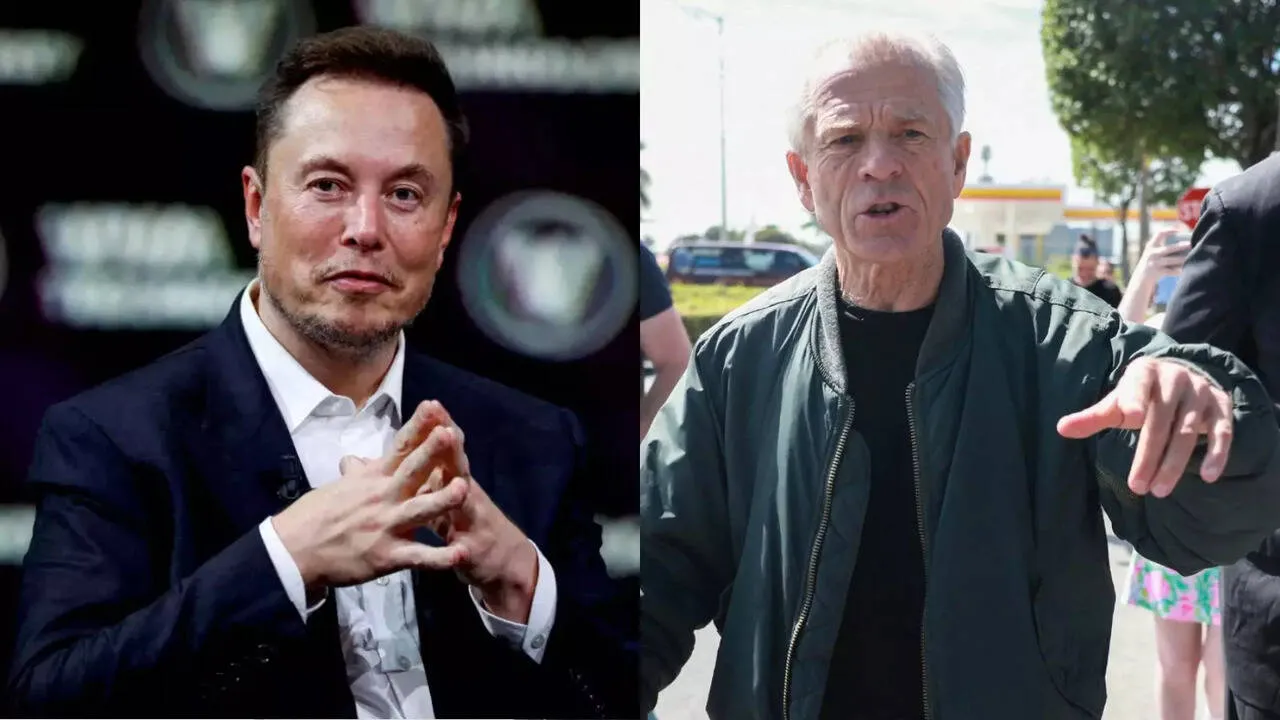
Navarro’s Reaction and Escalation
Enraged by the Community Note, Navarro doubled down on September 6, 2025, dismissing it as “crap” and accusing Musk of allowing “propaganda” on X. He wrote, “Wow. @elonmusk is letting propaganda into people’s posts. That crap note below is just that. Crap. India buys Russia oil solely to profiteer. It didn’t buy any before Russia invaded Ukraine. Indian govt spin machine moving high tilt. Stop killing Ukrainians. Stop taking American jobs.” Navarro’s claim that India only began purchasing Russian oil after the 2022 Ukraine invasion was also debunked, as India had imported Russian oil prior to the conflict, though at lower volumes.
On September 8, 2025, Navarro escalated his attack, questioning X’s integrity and suggesting a poll to determine whether the platform should allow posts from “foreign interests masquerading as objective observers.” He claimed, “On earlier post, you can see Indian special interests trying to interfere with domestic dialogue with lies about India buying Russian oil. Should X present this crap as comments from ‘diverse viewpoints’?” His poll, however, backfired, with a majority of respondents supporting X’s Community Notes, reinforcing the platform’s credibility over Navarro’s narrative.
Context of India’s Russian Oil Purchases
India’s purchase of Russian oil has been a contentious issue since Western sanctions were imposed on Russia following its invasion of Ukraine in February 2022. Russia’s share of India’s oil imports surged from 1.7% in 2019–20 to 35.1% in 2024–25, making it New Delhi’s largest oil supplier. India has defended these purchases, citing energy security and the need to stabilize domestic fuel prices. The Indian Ministry of External Affairs dismissed Navarro’s claims as “inaccurate and misleading,” emphasizing that the oil trade complies with international sanctions and has saved India $12.6 billion over 39 months by securing discounted crude.
The Community Notes on Navarro’s post further clarified that India’s actions are not unique, as the US continues to import Russian commodities like uranium, exposing a double standard. This point was echoed by Indian officials, who noted that other countries, including China and some European nations, also engage in trade with Russia without facing similar criticism. The controversy underscores the complex interplay of geopolitics, trade, and energy security, with India maintaining its strategic autonomy while navigating tensions with the US.
Navarro’s Broader Campaign Against India
Navarro’s accusations are part of a sustained campaign against India, intensified by Trump’s imposition of a 25% tariff on Indian imports on August 27, 2025, raising total duties to 50%—the highest outside Brazil. Navarro has labeled India a “laundromat for the Kremlin” and even made a casteist remark, claiming, “You got Brahmins profiteering at the expense of the Indian people.” India’s Ministry of External Affairs rejected these statements as “inaccurate,” with spokesperson Randhir Jaiswal calling them misleading. Navarro’s rhetoric has also included labeling the Russia-Ukraine conflict as “Modi’s war,” further straining diplomatic relations.
Despite Navarro’s aggressive stance, Trump has attempted to soften the tone, describing India-US ties as a “very special relationship” and expressing admiration for Prime Minister Narendra Modi. On September 6, 2025, Trump clarified his earlier comment that the US had “lost India to China,” stating, “I don’t think we have. I get along very well with PM Modi.” Modi reciprocated, posting on X, “Deeply appreciate and fully reciprocate President Trump’s sentiments and positive assessment of our ties.” This exchange suggests an effort to mitigate the fallout from Navarro’s remarks and maintain bilateral cooperation.
Implications for US-India Relations
The dispute between Navarro and X highlights broader tensions in US-India relations, exacerbated by Trump’s tariff policy. The 50% tariffs on Indian exports, including gems, textiles, and food, are expected to impact $48.2 billion in trade, potentially reducing US orders by 20-30%. India has pledged subsidies to cushion the economic impact, but diversifying to new markets remains a challenge. The selective targeting of India, while countries like China face no similar penalties, has raised questions about fairness and strained diplomatic ties.
Musk’s defense of X’s fact-checking system also underscores the platform’s growing role in shaping global narratives. By correcting Navarro’s claims, X has positioned itself as a counterbalance to political rhetoric, though it risks being drawn into diplomatic controversies. Navarro’s accusation of “propaganda” reflects the challenges of maintaining neutrality in a polarized geopolitical landscape, where trade, energy, and war intersect.
The Role of Social Media in Political Discourse
The Navarro-Musk clash illustrates the evolving role of social media platforms like X in political discourse. Unlike traditional media, which Musk accuses of selective reporting, X’s Community Notes allow users from diverse perspectives to add context, fostering a more transparent debate. The system’s effectiveness was evident when Navarro’s poll backfired, with users overwhelmingly supporting the fact-checking feature. This incident highlights X’s potential to challenge established narratives and hold public figures accountable, even as it faces accusations of bias from figures like Navarro.
The controversy also reflects the broader geopolitical stakes, with India navigating its relationships with both the US and Russia. As the Ukraine conflict continues, India’s oil purchases remain a flashpoint, with Navarro’s rhetoric amplifying tensions. Musk’s commitment to an open platform, coupled with India’s defense of its energy security, underscores the complex interplay of technology, diplomacy, and global politics in 2025.
Comment / Reply From
No comments yet. Be the first to comment!

